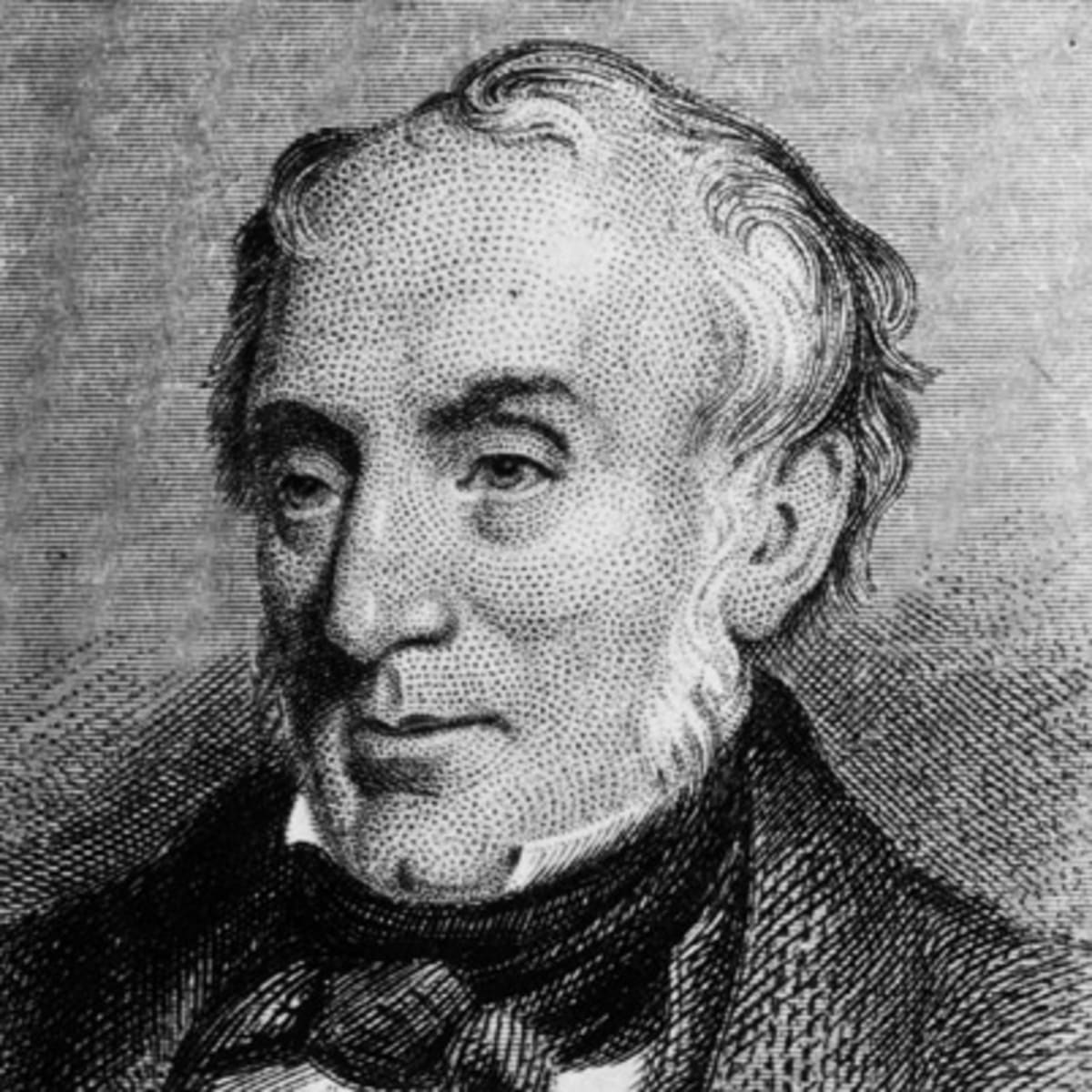The world is too much with us; late and soon,
Getting and spending, we lay waste our powers;—
Little we see in Nature that is ours;
We have given our hearts away, a sordid boon!
This Sea that bares her bosom to the moon;
The winds that will be howling at all hours,
And are up-gathered now like sleeping flowers;
For this, for everything, we are out of tune;
It moves us not. Great God! I’d rather be
A Pagan suckled in a creed outworn;
So might I, standing on this pleasant lea,
Have glimpses that would make me less forlorn;
Have sight of Proteus rising from the sea;
Or hear old Triton blow his weathèd horn.
Published:
1807
Length:
Regular
Literary Movements:
Romanticism
Anthology Years:
2022
Themes:
Memory & The Past
Nature
Poetic Form
Literary Devices:
Allusion
an expression designed to call something to mind without mentioning it explicitly; an indirect or passing reference
End Rhyme
when a poem has lines ending with words that sound the same
Personification
the attribution of human qualities to a non-human thing
Sonnet
A poem with fourteen lines that traditionally uses a fixed rhyme scheme and meter.

